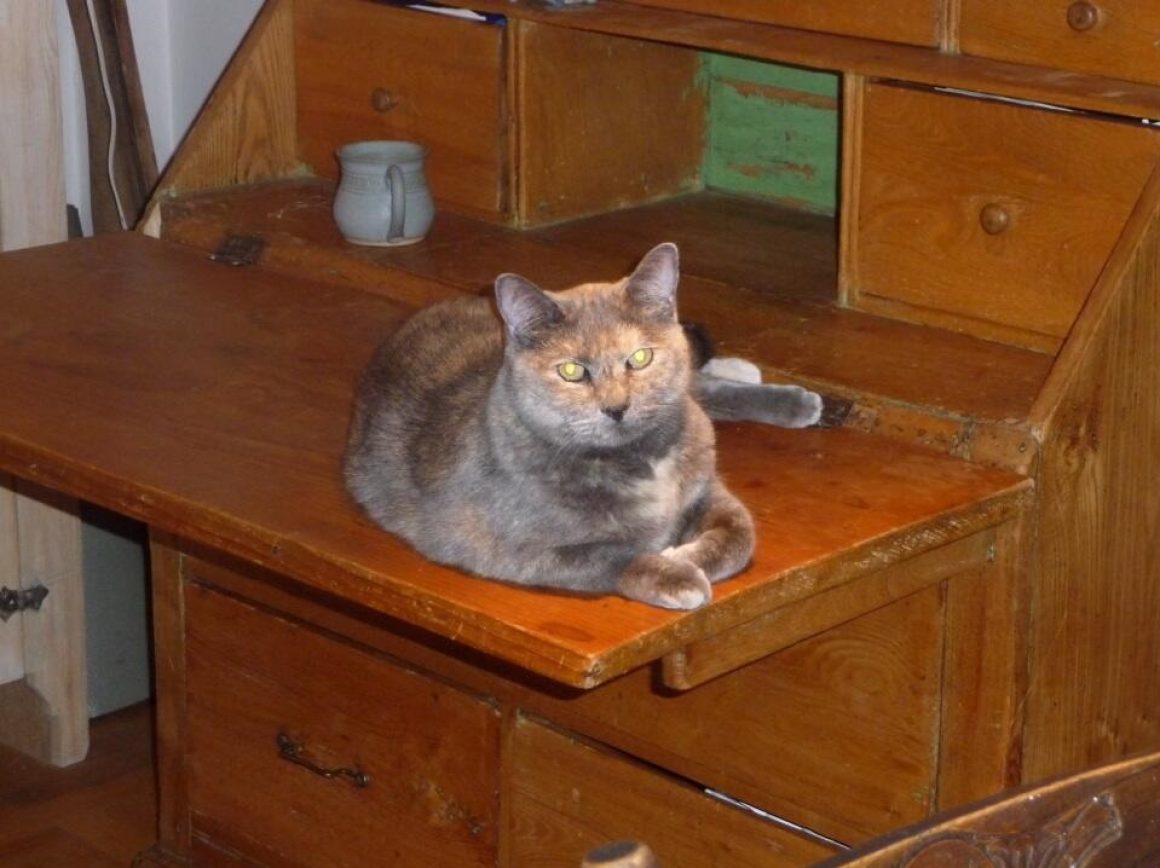In “Temporary” Marisa Silver braids together two seemingly separate stories, and, in doing so, explores a young woman’s transition from childhood into adulthood, a transition that compels because the past, it turns out, is not so easily left behind.
During a period when teenage Vivian’s adoptive mother is “on the verge of death” (2) with cancer, Vivian makes an unplanned trip to the mall to meet up with her adoptive father, the owner of a jewelry store. However, in “the dead weather of the mall”(5), Vivian is the one who discovers something unexpected: her father touching another woman’s hair and placing his hands on her shoulders as he helps her to better see a necklace she is trying on. As she observes unseen, Vivian’s “throat [goes] dry” (5) but she says nothing because “she knew that if she did her life would split open and she would slip through the crack” (5). As an adolescent, Vivian experiences the shock of her father’s betrayal, and at the same time, the potential loss of her mother.
The central action begins in L.A. where Vivian moves after completing two years of community college. She lives with Shelly, a promiscuous young woman illegally renting an “industrial space” (1) attached to a ribbon factory. Though Shelly appears to have no attachments to places or people, Vivian admires the way “Shelly slithered through her days and nights, shedding the most outrageous experiences as if they were simply the air she passed through” (1). In contrast, Vivian’s own “care felt like a disfigurement” (4). In wanting to go through the world like Shelly, someone seemingly shatterproof, Vivian might be searching for ways to avoid the consequence of caring or, in other words, the pain of attachment that, during childhood, she came to know well.
As part of her job at an adoption agency, Vivian transcribes taped interviews between prospective parents and social workers, and, though she is not supposed to, adds her comments on the files, reasoning that “a life was at stake”. One husband, a man Vivian has already noted “was unkind to his wife” (2), dismisses his wife’s remark that “[they] have a lot of love to give” as “stupid” (3). Later, he appears at the office without an appointment and Vivian learns that his wife has left him. When he asks her, rather desperately, what social workers look for in prospective parents, Vivian informs him that they look for people who have “a lot of love to give” (6). Vivian’s “cruelty” (6) could be seen as a correction of the prospective father’s selfishness and even of her own father’s past selfishness, since her feelings toward the stranger are strikingly personal.
One night when Shelly is out, Vivian sleeps with Toby, a young man Shelly has discarded. Vivian likes him for “his seriousness and his self-restraint” (3). During sex, though, Toby tells her that it is “just for now”(5). Afterwards, as he lies “spent in her arms” (5), she wonders if she really cares for Toby, and asks herself if it “was possible to care and not to care at the very same moment, the way it was possible to be a husband and not, a parent and not” (5). Even her encounter with Toby leads her into the past. Still, as a young woman experiencing her own complicated desires, she begins to examine the nature of caring, and whether or not it is necessarily constant.
The final scene of the story takes us once again into Vivian’s adolescence. Though Vivian’s mother recovered from her first experience with cancer, the disease returned and could not be treated .Vivian’s mother took up smoking in her final days, but because a brain tumor left her blind, she did not know when she had pushed the smoke completely out of her mouth, and made a strange face as she tried to expel it. Silver renders the moment beautifully:
When her father came home that evening, he watched his wife enjoy her cigarette.
“What is that you’re doing” he said, as she exhaled.
“What?” she asked, her thin voice made even thinner by the stress of the
smoke in her lungs.
“You look like a fish, sweetheart,” he said, and he put his face to hers and
blew out puffs of air onto her cheek until she giggled. For a second, Vivian
caught a glimpse of what her mother had looked like as a little girl. (7)
In this scene, the father demonstrating such unbearable tenderness for his wife, Silver suggests that betrayal can co-exist with love, that a person can be a “husband and not”(5).
Silver’s language, in this scene and elsewhere, is exact and lovely and penetrating. She puts words, sentences and images together in such a way that I felt, reading the story, that someone had called me in the middle of the night, wanting to tell me everything that was wrong, wanting me to listen.
Instead of shaping the story into the traditional arc, with one scene leading us causally into the next, the author works in pieces, placing each in such a way that the reader, ultimately, discovers the whole. Vivian’s relationship with Shelly, her encounter with Toby and the man at the adoption agency, her mother’s illness and her father’s transgression all point to Vivian’s awareness that so much is temporary and inconstant. Considering the story’s title, I could not help but make a list of all that is temporary in the story: parents, adoptive or biological, trust, living spaces, sexual partners, occupations, health, life. Still, as Silver seems to suggest, the temporariness of things does not make love impossible. Love, with all of it’s attendant pain, might be, whether we like it or not, the one thing that won’t let us go.
Silver, Marisa. “Temporary.” TheNewYorker.com/fiction/features/search. 28 Sept. 2009: 1-7. Web. 14 May 2010.
